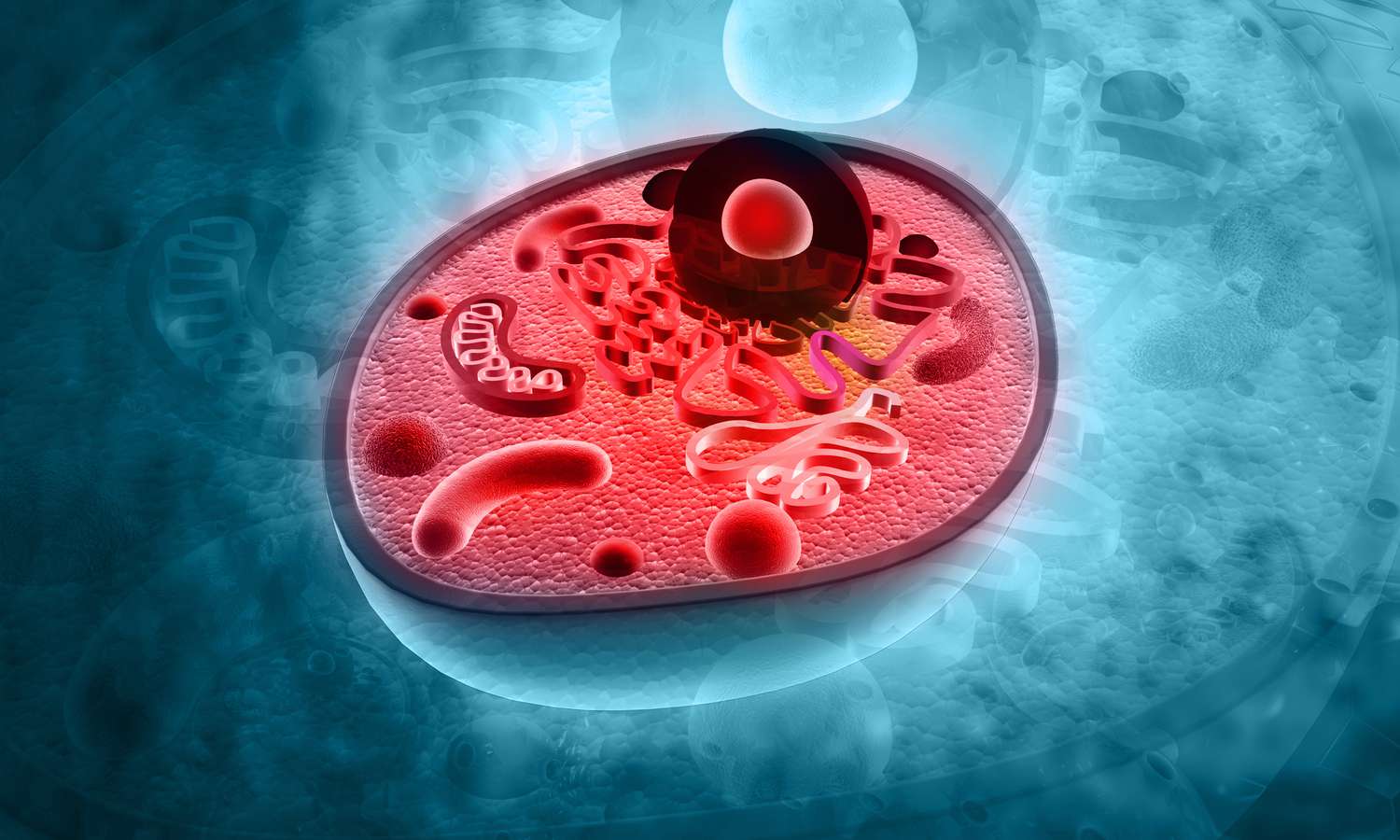
What is cytosol? Cytosol is the liquid found inside cells, excluding the organelles. This jelly-like substance plays a crucial role in cellular processes. Why is it important? Cytosol is essential because it houses enzymes that break down waste and aid in metabolic activities. What does it contain? It contains water, salts, and organic molecules. How does it differ from cytoplasm? Cytoplasm includes both the cytosol and the organelles, while cytosol is just the fluid part. Why should you care? Understanding cytosol helps in grasping how cells function, which is fundamental to biology and medicine. Ready to learn more? Let's dive into 32 fascinating facts about cytosol!
What is Cytosol?
Cytosol, the liquid found inside cells, plays a crucial role in cellular functions. It’s the site where many metabolic reactions occur. Let’s dive into some fascinating facts about this essential component of cells.
- Cytosol is the fluid portion of the cytoplasm, excluding organelles and other solids.
- It comprises about 70% of a cell’s volume.
- This fluid is primarily made up of water, salts, and organic molecules.
- Cytosol is not the same as cytoplasm; cytoplasm includes the cytosol plus organelles.
- It’s a complex mixture of substances dissolved in water, including proteins, ions, and small molecules.
Functions of Cytosol
Cytosol is more than just a filler; it’s a dynamic environment where many essential processes take place.
- It’s the site of many metabolic pathways, including glycolysis.
- Cytosol helps in the transportation of metabolites and other small molecules.
- It plays a role in signal transduction, helping cells respond to their environment.
- Protein synthesis begins in the cytosol before some proteins are transported to other parts of the cell.
- Cytosol aids in the movement of cellular components through cytoplasmic streaming.
Composition of Cytosol
The composition of cytosol is intricate and vital for its functions.
- It contains a high concentration of potassium ions.
- Sodium ions are present in lower concentrations compared to extracellular fluid.
- The pH of cytosol is typically around 7.0-7.4.
- It contains a variety of enzymes that catalyze metabolic reactions.
- Cytosol includes cytoskeletal filaments that help maintain cell shape and enable movement.
Cytosol and Cellular Processes
Cytosol is integral to numerous cellular processes that sustain life.
- It’s involved in the breakdown of glucose during glycolysis.
- Cytosol plays a role in the synthesis of fatty acids.
- It’s essential for the detoxification of harmful substances.
- Cytosol participates in the storage of glycogen in liver and muscle cells.
- It helps in the regulation of osmotic pressure within the cell.
Interesting Facts About Cytosol
Here are some intriguing tidbits about cytosol that highlight its importance and complexity.
- Cytosol can change its viscosity, becoming more gel-like or fluid depending on the cell’s needs.
- It contains ribosomes, which are the sites of protein synthesis.
- Cytosol is involved in the assembly of microtubules and microfilaments.
- It plays a role in the cell’s response to stress, such as heat shock.
- Cytosol can act as a buffer, helping to maintain the cell’s pH balance.
Cytosol in Different Organisms
Cytosol varies slightly among different organisms, reflecting their unique cellular needs.
- In prokaryotes, cytosol is where all cellular processes occur since they lack membrane-bound organelles.
- Eukaryotic cells have more complex cytosol due to the presence of organelles.
- Plant cells have cytosol that interacts with large central vacuoles.
- Fungal cells have cytosol that supports their unique cell wall structure.
- In animal cells, cytosol is crucial for the function of specialized cells like neurons and muscle cells.
Cytosol and Disease
Changes in cytosol can be linked to various diseases, highlighting its importance in health.
- Abnormalities in cytosolic pH can lead to diseases like cancer.
- Disruptions in cytosolic calcium levels are associated with neurodegenerative diseases like Alzheimer’s.
Cytosol, often overlooked, is a powerhouse of activity within cells, crucial for maintaining life and health.
The Final Scoop on Cytosol
Cytosol, the fluid inside cells, plays a crucial role in maintaining cell health and function. It’s packed with enzymes, nutrients, and ions that keep cellular processes running smoothly. Without cytosol, cells couldn’t perform essential tasks like protein synthesis, energy production, or waste removal. This jelly-like substance also helps in cell signaling, ensuring cells communicate effectively. Understanding cytosol gives insight into how cells work and how they respond to their environment. It’s a key player in research, helping scientists develop treatments for diseases. Remember, every tiny bit of cytosol is vital for life. So next time you think about cells, give a nod to cytosol for keeping everything in check. It’s not just a filler; it’s a powerhouse. Keep exploring the wonders of cytosol, and you’ll uncover even more fascinating facts about this essential cellular component.
Was this page helpful?
Our commitment to delivering trustworthy and engaging content is at the heart of what we do. Each fact on our site is contributed by real users like you, bringing a wealth of diverse insights and information. To ensure the highest standards of accuracy and reliability, our dedicated editors meticulously review each submission. This process guarantees that the facts we share are not only fascinating but also credible. Trust in our commitment to quality and authenticity as you explore and learn with us.
